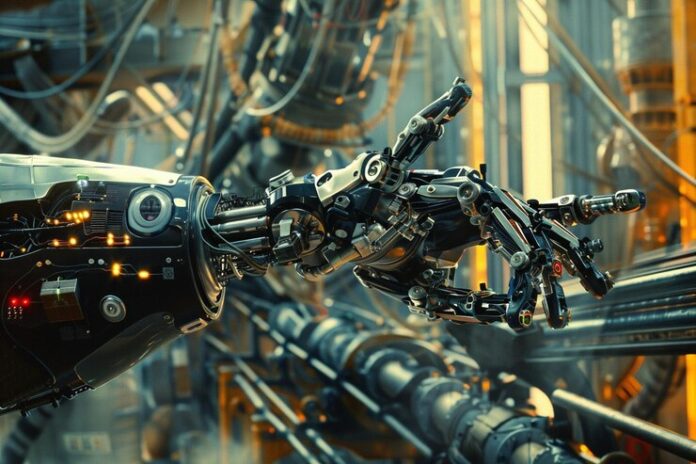The world of robotics is buzzing with excitement over the latest advances in robotic grippers and manipulation. These cutting-edge technologies are revolutionizing how robots interact with their surroundings, making tasks that once seemed impossible now achievable with incredible precision.
Traditionally, robotic grippers—think of them as the “hands” of robots—were pretty basic. They had to be designed to handle specific types of objects, which often limited their versatility. But now, things are changing fast. Engineers are crafting grippers that can adapt to different shapes and sizes thanks to soft robotics and innovative materials. Imagine a robot that can gently pick up a delicate piece of fruit or manipulate a complex electronic component with the same ease. That’s the level of versatility we’re talking about.
What’s making these grippers even smarter is the integration of machine learning. This means that robots can “learn” from their experiences and get better over time. For example, a gripper with built-in vision sensors can see what it’s handling and adjust its grip on the fly. This ability is game-changing for industries where precision is critical, like electronics manufacturing or even surgery.
In manufacturing, advanced grippers are streamlining production lines. They can handle various products without needing constant adjustments, which boosts efficiency and reduces errors. Imagine a factory where robots can switch from assembling one type of product to another seamlessly—thanks to these versatile grippers, it’s becoming a reality.
Healthcare is also benefiting from these innovations. Surgical robots now have grippers that allow for incredibly precise operations, which can lead to quicker recoveries and better outcomes for patients. And for those using robotic prosthetics, these new grippers offer a more natural and functional experience, making everyday tasks easier and more comfortable.
Of course, there are still challenges to address. Engineers are working on making these grippers durable yet affordable, and ensuring they can handle a wide range of tasks effectively. But the progress so far is nothing short of remarkable.
As robotic technology continues to advance, the future looks bright. With these new grippers, robots are becoming more capable and adaptable, opening up exciting possibilities for automation and human-robot collaboration. It’s an exhilarating time for technology enthusiasts and industries alike, as we witness the dawn of a new era in robotics.




